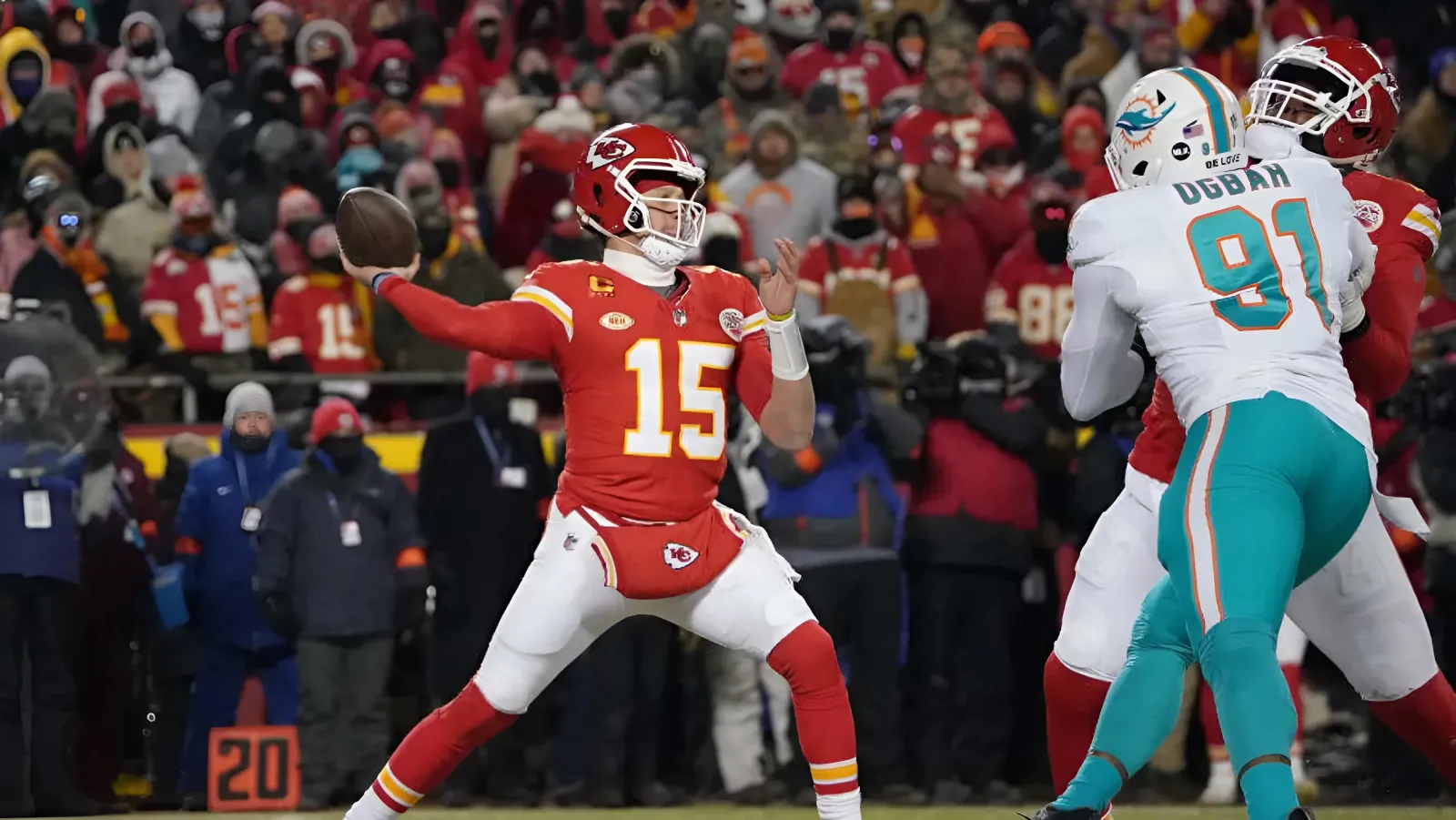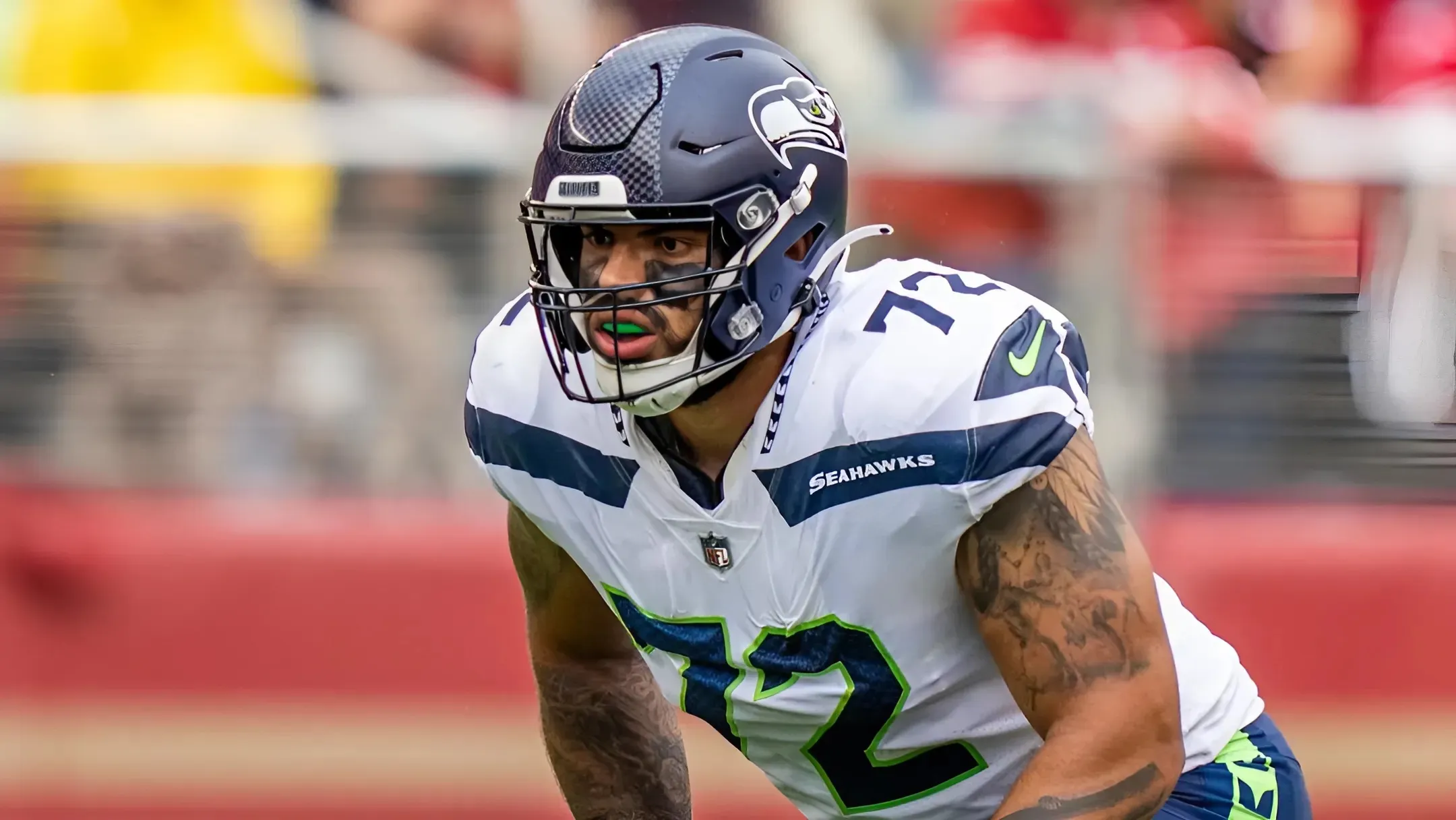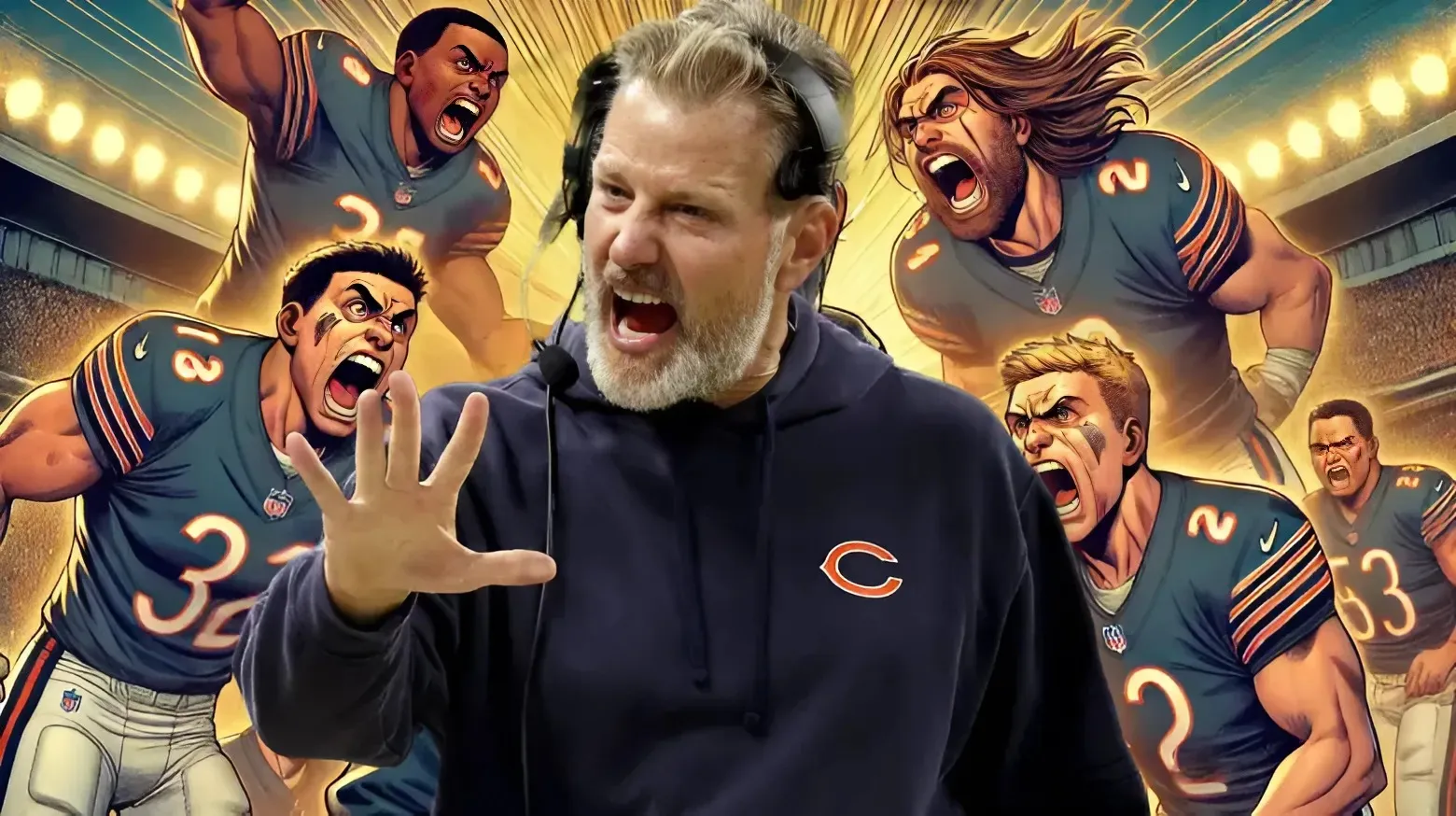
Nearly a decade has passed since Malcolm Butler's game-ending interception at the goalline in Super Bowl 49 between the New England Patriots and the Seattle Seahawks but is yet to be topped as far as finishes to the biggest game in football go.
Anyone associated with the Seahawks continues to ponder why the coaching staff called a pass play rather than handing it off to superstar running back Marshawn Lynch.
Retired defensive end Michael Bennett, who had the misfortune of having to line up on defense for Seattle after the interception, believes the play likely still haunts then-coach Pete Carroll.
On former Patriots wide receiver Julian Edelman's Games With Names podcast, he revealed that the locker room was in disbelief after the game about the team not keeping the ball on the ground in that situation. He said:
"It was shock. I think that was what everybody was thinking (why did we not run the ball). I think Pete (Carroll) still thinks. He probably never (would) say that. But I bet in his head a little bit he wonders if what (would) have happened if he just ran the ball right, I think." [From 1:42:47]
When Edelman asked Bennett what he would have done had he been in Carroll's shoes, he replied:
"I can't speak for him. ... I wouldn't have thrown it until fourth down, and so, yeah, most likely could did two quarterback sneaks." [From 1:43:15]
Malcolm Butler interception: Former Seahawks coach Pete Carroll defends play call
While Michael Bennett believes Pete Carroll regrets calling a pass play, the former Seahawks coach defended the decision when he discussed the Malcolm Butler interception on the Richard Sherman Podcast in 2023. He said:
"When we got down there (to the 1-yard line), we had one timeout, and so as soon as we got there, I said one of these plays we are going to have to throw it to get all four plays. ... We had practiced it a million times, so I was rock solid on the philosophy of it. It was just the worst play that could’ve ever happened.”
Carroll also shot down the suggestion that he called a pass play to ensure that quarterback Russell Wilson would win the Super Bowl MVP over Marshawn Lynch, adding that he approved the decision to throw the ball because he believed it was the best call at the moment.
It's a decision that cost him and the Seahawks a Super Bowl ring and etched Malcolm Butler's name in the history books.



